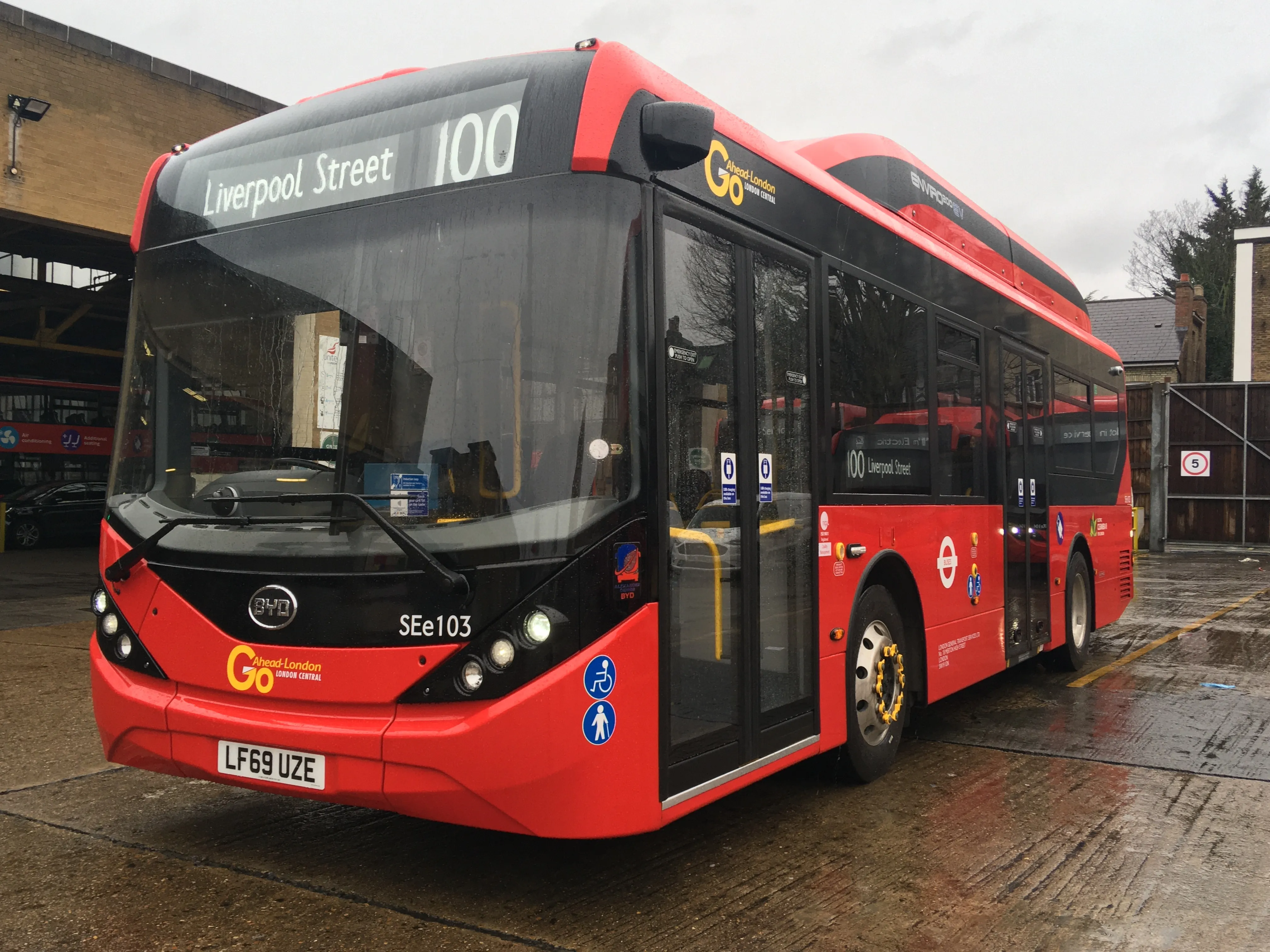Forthcoming legislation in the USA, EU and Japan will require that all electric vehicles emit an alert sound at lower speeds in an effort to prevent the increasing number of accidents where pedestrians are hit by silent electric vehicles.
September 10, 2013
Read time: 1 min
Forthcoming legislation in the USA, EU and Japan will require that all electric vehicles emit an alert sound at lower speeds in an effort to prevent the increasing number of accidents where pedestrians are hit by silent electric vehicles.
Swedish company7478 SoundRacer has developed EValert, an electronic engine sound product, to give a realistic sound indicating if the vehicle is idling, accelerating, decelerating or cruising. The different sound characters and sound volume are determined from information about the actual speed of the vehicle.
Says Kenneth Palmestål of SoundRacer: "SoundRacer is to our knowledge the only developer of EValert sound systems that use real engine sounds. After studying several reports we are convinced that real engine sounds will be less disturbing and have better alerting effect than other sounds.”
The company has developed two versions of the device; the acoustic vehicle alerting system (AVAS) which enables electric vehicles to meet the coming legislation; and one which provides real engine sounds and even lets the driver change from the sound of a Ferrari V12 to a Mustang V8 with the press of a button.
Swedish company
Says Kenneth Palmestål of SoundRacer: "SoundRacer is to our knowledge the only developer of EValert sound systems that use real engine sounds. After studying several reports we are convinced that real engine sounds will be less disturbing and have better alerting effect than other sounds.”
The company has developed two versions of the device; the acoustic vehicle alerting system (AVAS) which enables electric vehicles to meet the coming legislation; and one which provides real engine sounds and even lets the driver change from the sound of a Ferrari V12 to a Mustang V8 with the press of a button.










